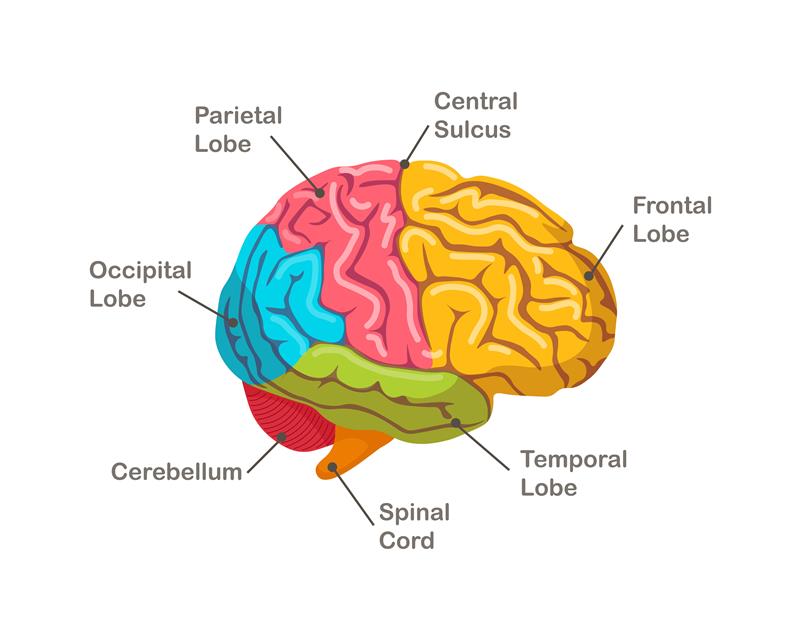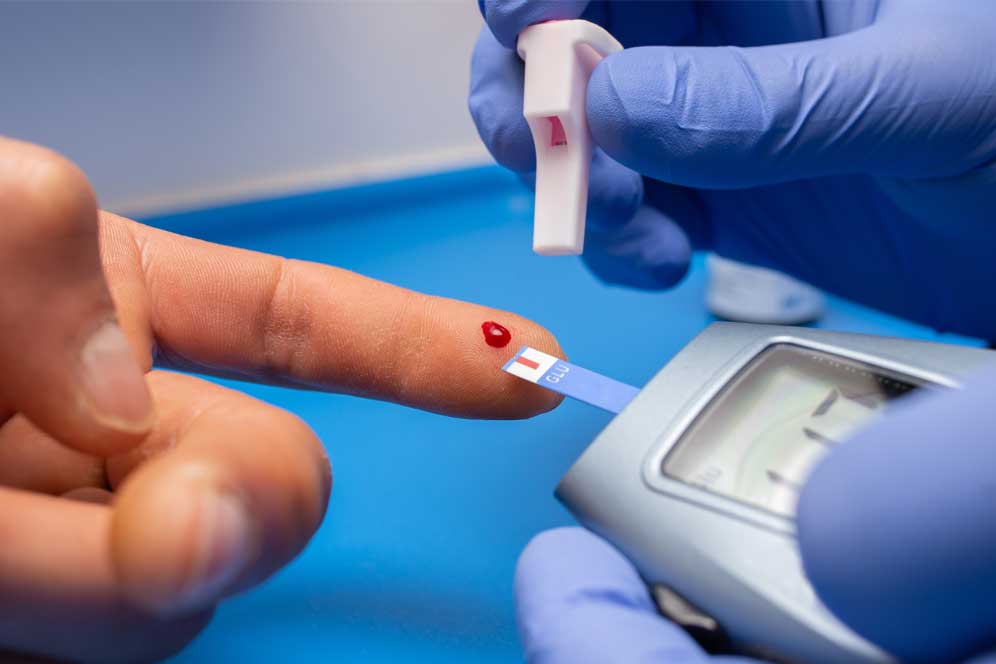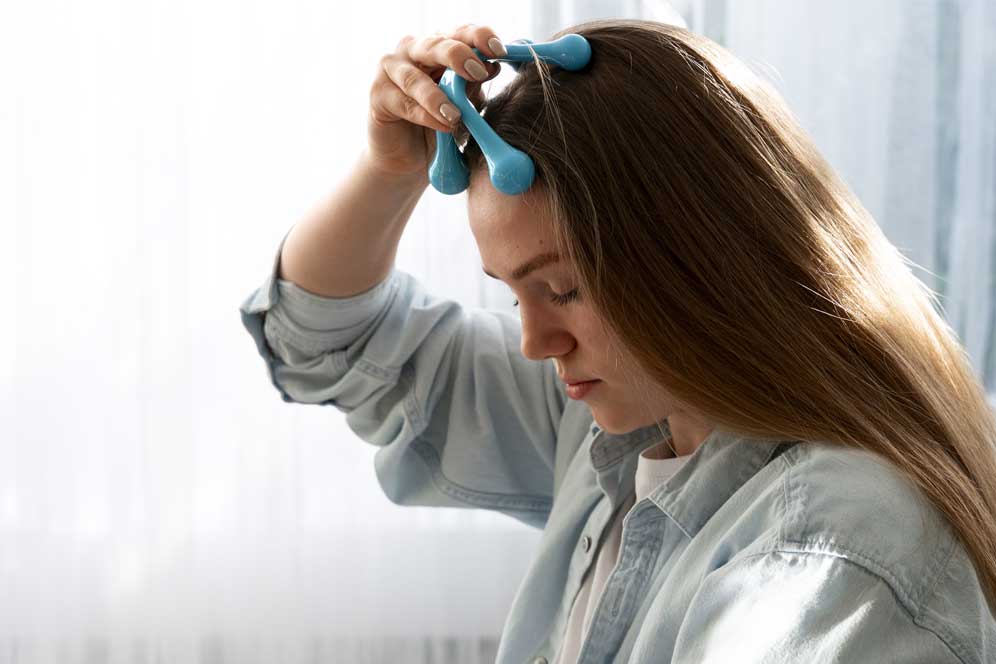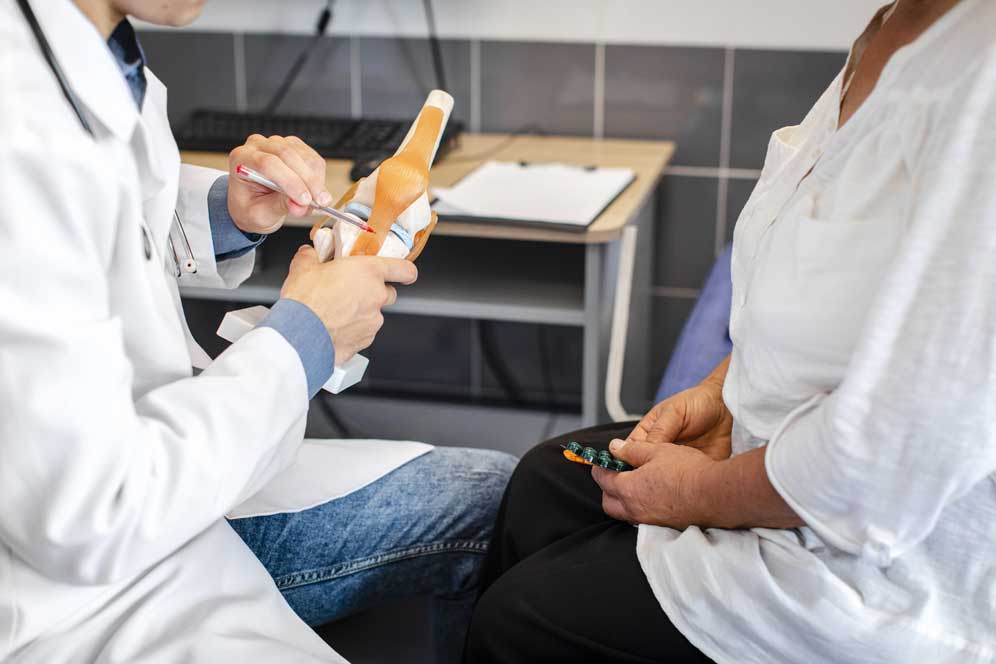
26 Nov 2025
Central Nervous System (CNS): What It Is, How It Works, and Why It Matters
The Central Nervous System (CNS) is one of the most vital systems of the human body. It acts as the body’s command centre—controlling your thoughts, movements, sensations, memory, and every action you perform consciously or unconsciously. Understanding what the central nervous system is, how it functions, and the disorders that affect it can help you identify symptoms early and seek timely medical care.
This guide from Arora Neuro Centre explains the CNS anatomy, functions, common central nervous system disorders, symptoms, treatments, and essential care tips.
What Is the Central Nervous System (CNS)?
The central nervous system is made up of two major structures:
-
The Brain
-
The Spinal Cord
Together, they form the core of the nervous system, processing information received from all parts of the body and coordinating appropriate responses.
The CNS works closely with the Peripheral Nervous System (PNS), which carries signals between the CNS and the rest of the body. If the CNS is the “headquarters,” the PNS is the “network” that connects it to every organ and tissue.
CNS Anatomy: Understanding the Brain & Spinal Cord
1. The Brain
Your brain is the most complex organ in the body. It is responsible for all cognitive and emotional functions. Key regions include:
Cerebrum
-
Largest part of the brain
-
Controls thinking, memory, speech, reasoning, emotions, and voluntary movements
Cerebellum
-
Located at the back of the brain
-
Maintains balance, posture, and coordination
Brainstem
-
Connects brain and spinal cord
-
Controls vital functions like breathing, heart rate, and blood pressure
-
Manages automatic functions (swallowing, blinking, sleep cycles)
2. The Spinal Cord
The spinal cord is a long, thin bundle of nerves that:
-
Carries messages between the brain and body
-
Controls reflex actions
-
Enables movement and sensation
Protected by vertebrae, it ensures smooth communication for all motor and sensory activities.
What Does the Central Nervous System Do? (Functions)
The nervous system function is vast, but the CNS has three primary roles:
1. Processing Information
The CNS receives signals from sensory organs—like eyes, ears, skin—interprets them, and makes sense of your surroundings.
2. Coordinating Movement
Every movement, from walking to blinking, is controlled by the brain and transmitted through the spinal cord.
3. Regulating Body Functions
The CNS controls:
-
Breathing
-
Heartbeat
-
Hormone release
-
Body temperature
-
Hunger & thirst
-
Sleep-wake cycle
4. Managing Thoughts & Emotions
Memory, concentration, problem-solving, behaviours, reactions, and emotions are all governed by the brain.
Common Central Nervous System Disorders
A variety of conditions can affect the CNS. These disorders may be caused by injury, infection, degenerative changes, autoimmune issues, or congenital abnormalities.
1. Stroke
Occurs when blood supply to the brain is interrupted or blocked, leading to brain damage.
2. Brain Tumours
Abnormal growth of cells that can be benign or malignant.
3. Multiple Sclerosis (MS)
An autoimmune disorder where the immune system attacks nerve coverings.
4. Parkinson’s Disease
Affects movement and coordination due to loss of dopamine-producing brain cells.
5. Alzheimer’s & Dementia
Progressive disorders affecting memory, behaviour, and thinking.
6. Epilepsy
Characterised by repeated seizures caused by abnormal electrical activity in the brain.
7. Spinal Cord Injuries
Damage due to trauma leading to loss of movement or sensation.
Symptoms of Central Nervous System Conditions
Symptoms vary depending on the type of disorder but commonly include:
-
Persistent headaches
-
Loss of balance or coordination
-
Sudden weakness or numbness
-
Difficulty speaking or understanding speech
-
Memory loss or confusion
-
Seizures
-
Tremors or involuntary movements
-
Vision problems
-
Back or neck pain radiating to limbs
-
Behavioural changes
-
Difficulty walking
-
Loss of bladder or bowel control
If you experience any of these symptoms—especially sudden or severe ones—seek immediate neurological evaluation.
Diagnosis of CNS Disorders
Early diagnosis is essential for better outcomes. Common diagnostic tools include:
-
MRI & CT Scans – Detailed imaging of brain and spinal cord
-
EEG – Measures brain activity
-
Nerve Conduction Studies
-
Blood Tests to check for infection or autoimmune activity
-
Lumbar Puncture (Spinal Tap)
-
Neurological Examination for reflexes, strength, and coordination
Treatment Options for Central Nervous System Disorders
Treatment depends on the specific condition but may include:
1. Medications
-
Anti-seizure drugs
-
Anti-inflammatory medications
-
Pain management
-
Dopamine therapy (for Parkinson’s)
-
Immunotherapy (for multiple sclerosis)
-
Antibiotics/antivirals for infections
2. Surgical Treatments
-
Removal of tumours
-
Repairing spinal injuries
-
Shunt placement for fluid build-up in the brain
-
Deep brain stimulation (DBS)
3. Rehabilitation Therapies
-
Physiotherapy for movement and strength
-
Occupational therapy for daily functioning
-
Speech therapy for communication issues
-
Cognitive therapy for memory and behavioural problems
4. Lifestyle & Supportive Care
-
Stress management
-
Healthy diet
-
Exercise & physiotherapy
-
Avoiding smoking/alcohol
-
Regular checkups with a neurologist
How to Care for Your Central Nervous System
A healthy nervous system starts with healthy habits:
-
Eat nutrient-rich foods: Omega-3s, B-vitamins, nuts, seeds, leafy greens
-
Stay physically active
-
Get quality sleep
-
Manage stress through yoga, meditation, or breathing exercises
-
Avoid head or spine injuries – wear helmets, practice safe driving
-
Stay mentally engaged – puzzles, reading, learning
-
Go for regular neurological checkups, especially if you have risk factors like diabetes, hypertension, or a family history of neurological conditions
When to Consult a Neurologist?
Seek medical help if you experience:
-
Unexplained headaches or dizziness
-
Weakness in limbs
-
Problems with memory or speech
-
Sudden changes in behaviour
-
Seizures
-
Difficulty walking or coordinating movements
-
Numbness or tingling
Early intervention can prevent serious complications and improve recovery outcomes.
Expert Neurology Care at Arora Neuro Centre
At Arora Neuro Centre, we provide advanced diagnosis, personalised treatment plans, and expert care for all types of central nervous system disorders. Our team uses state-of-the-art technology and evidence-based therapies to support your recovery and long-term neurological health.
Recent Blogs
-

We will work with you to develop individualised care plans
Arora Neuro Centre maintains awareness about the vital association between diabetes and neurological health issues where diabetic patients face greater stroke susceptibility.
-

How Diabetes Affects Brain Health: The Hidden Risks
Typically diabetes causes problems with blood sugar management as well as negative effects on heart organs and kidneys.
-

Can Diabetic Neuropathy Be Prevented? What You Need to Know
One of the typical complications arising from diabetes affects nerves through diabetic neuropathy which results in various symptoms from muffled sensation and tingles to intense pain.
-

Psychotherapy for Anxiety: Techniques That Really Work
Anxiety is one of the most common mental health conditions in India and around the world. It can affect anyone, whether you’re a student under pressure, a working professional managing deadlines, or a parent juggling multiple responsibilities
-

Physiotherapy vs. Chiropractic: What's Really Differentiating Them?
Physiotherapy and chiropractic care both aim to relieve pain and improve mobility, but they differ in approach. Physiotherapists focus on exercise, movement, and rehabilitation, while chiropractors primarily use spinal adjustments to treat musculoskeletal issues. Understanding these differences can help you choose the right treatment.
